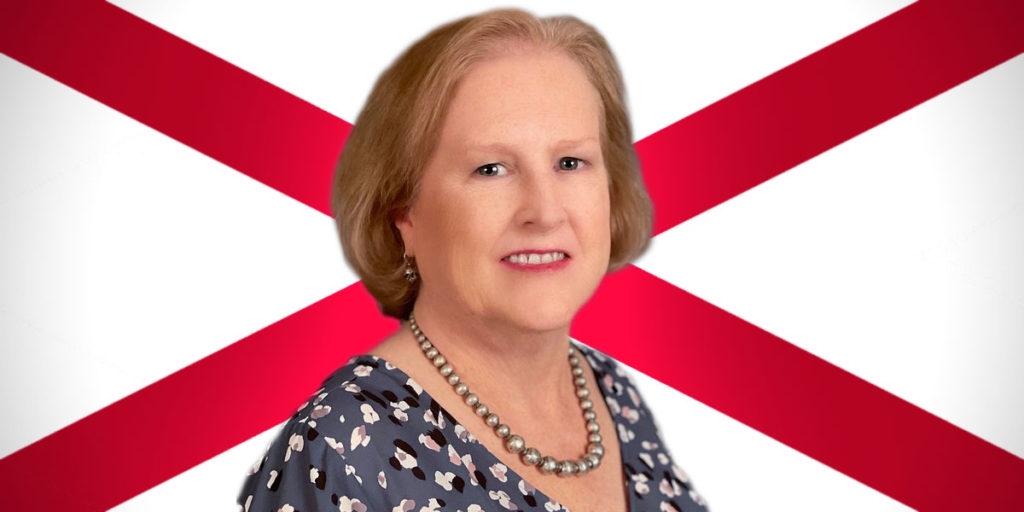Hospital closures are occurring at an alarming pace all over the country, but disproportionate closures in rural areas leave already-vulnerable residents at an even higher risk. Telemedicine can help solve the problem, especially in rural Alabama’s Black Belt counties.
While 95% of American homes are wired for broadband, about 25% of rural communities aren’t. This is especially a problem in Alabama, where our rural landscape makes it hard for many companies to wire an internet infrastructure.
There are many federal programs designed to provide funds to broadband builders for communities like ours. In 2009, the last federal stimulus programs effort got tied up with waste and abuse. Still today, much of the needed funds for broadband in our communities are likely to get stuck in federal red tape.
As the administrator of a rural hospital in Choctaw County, I’m aware of just how much is at stake with the limited availability of hospitals in rural areas like ours. Before the opening of our hospital in 2012, the county was without one for 17 years.
Choctaw County has one of the lowest health outcomes rankings in the state. The county has high levels of adult obesity, inactivity, smoking and limited exercise facilities. These are among the most critical risk factors for chronic illnesses, including diabetes, cancer and heart disease, the number one killer in the country. In most health metrics, our county lags behind Alabama as a whole.
Access to healthcare and healthcare education would help improve the ability of our people to maintain their health. But in areas like ours, the trends show access to hospitals getting worse, not better. According to the American Hospital Association, almost 30% of all hospitals in the U.S. are rural community hospitals, and since 2010, 130 of them have closed. Last year, the closure of the Pickens County hospital marked the 17th hospital closure in Alabama in 10 years, with six more rural hospitals in the state at the current risk of closure.
We’ve been seeing how this works throughout the COVID-19 pandemic, with some studies suggesting that telemedicine visits have risen by as much as 600%. During the height of the pandemic, telemedicine has made it possible for people with COVID-19 symptoms to talk to healthcare providers without putting others at risk. It also has let patients needing routine care for chronic health conditions to get it promptly without putting themselves at risk.
But when people in rural areas lack access to broadband, they also lack access to telemedicine.
Unfortunately, Alabama lags not only in health outcomes but also in broadband access, ranking 38th in the country. In many rural areas in our state, broadband is accessible only in town and nonexistent outside a tight radius.
Across rural America, 37% of households lack access to highspeed internet, and incredibly, 60% of rural healthcare facilities also lack it. This poses an obvious problem, since telemedicine generally uses significant bandwidth, whether sending high-resolution MRI scans or having a routine video consultation.
The CARES Act included $185 million to expand telehealth services at rural critical access hospitals, and importantly, as part of the act, Medicare began to pay physicians for telehealth at the same rate as in-office visits—for all diagnoses, not just related to COVID-19. But that’s not enough.
Communities like ours also need broadband to make this work.
We already see signs that government bureaucracy may get the process stuck in the mud. Many state regulators and special interests want to impose endless and often unnecessary “eligibility” requirements on broadband builders, which only slow the process and often keep the best solutions out.
What’s needed is for the federal government to set in place a process – and to do it fast – to get these projects started in our state. There should be one set of federal rules that make sure we screen out the unqualified vendors, but then we should let a fully competitive process get our communities the best networks possible and as fast as possible.
We have to get it right this time.
J.W. Cowan is the administrator of Choctaw General Hospital













